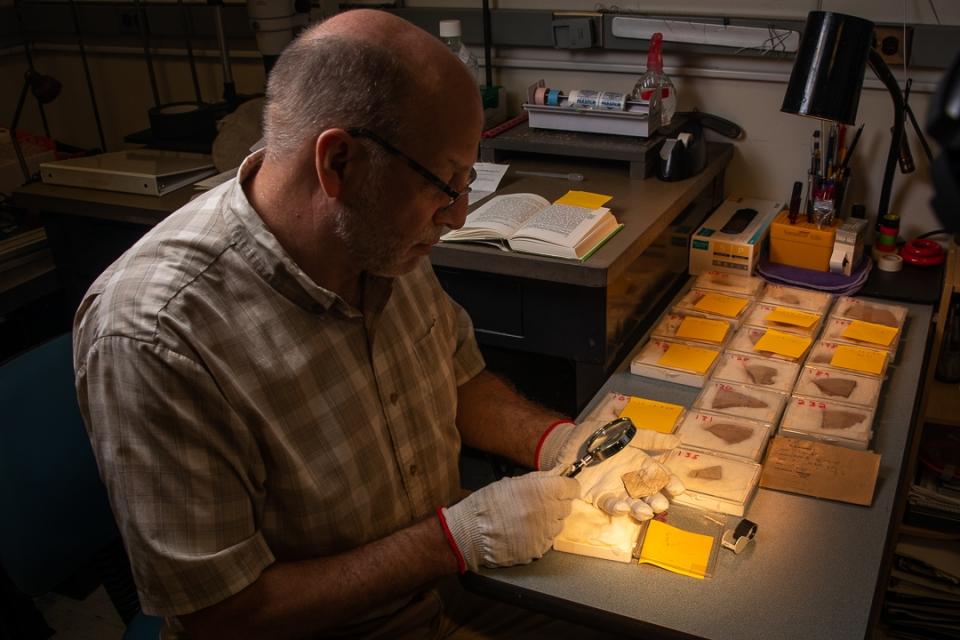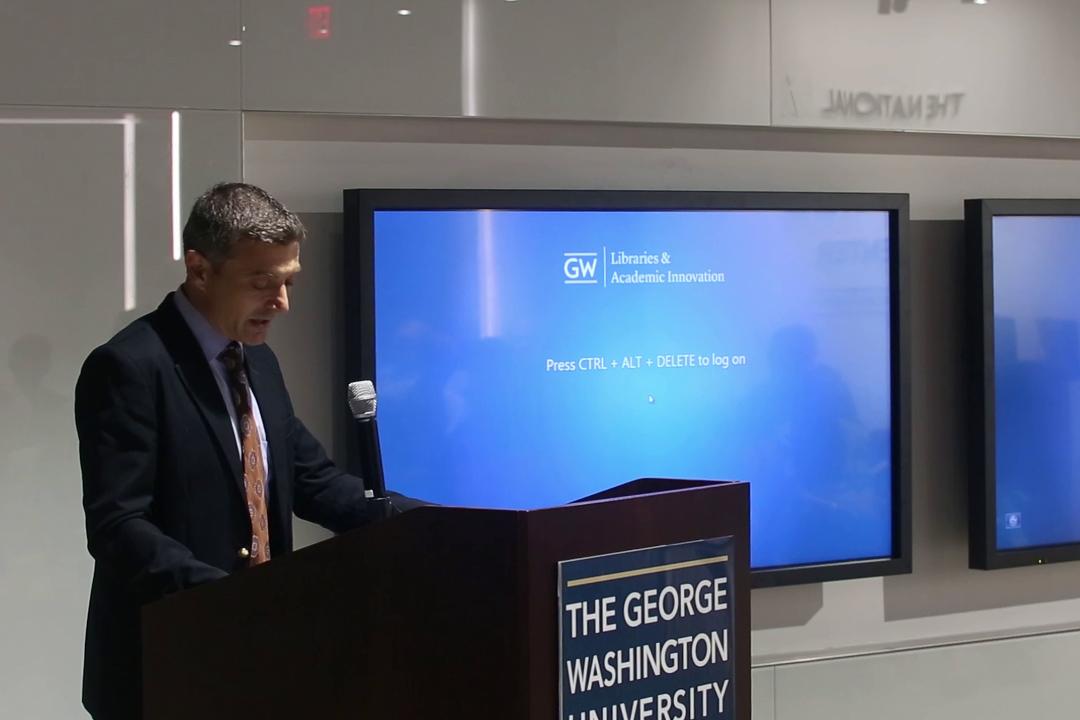About
The GW Judaic Studies Program is dedicated to excellence in academics, research and community building around Jewish culture. For more than four decades, our faculty and alumni have contributed to Jewish scholarship and advocacy in the United States and around the world. We invite students, scholars and visitors to explore our research collections, undergraduate and graduate degree programs and news and events to learn more about the latest developments in Judaic studies.
Connect With Our Community
Program History
While the GW Judaic Studies Program was formally founded in 1974, its roots go back much further. As early as 1915, GW Jewish students gathered on campus under the umbrella of the Intercollegiate Menorah Society to study and engage with one another.
A later generation of GW undergraduates lobbied to make Jewish literature, history and culture an integral part of their education, not just an extracurricular pursuit. As a result of their efforts, the university launched the Judaic Studies Program, explaining that "not to know Job and Isaiah, as well as Socrates and Seneca, is to be denied one of the great sources of our culture." This program, the administration added, "clearly transcends the ephemeral relevance all too often associated with shifting fads for various 'ethnic' or 'activist' studies."
The Judaic Studies Program has grown steadily ever since, establishing the Charles E. Smith Chair in Judaic Studies in 1979, the I. Edward Kiev Judaica Collection in 1994 and the Max Ticktin Chair in Israel Studies in 2017.
Program Goals
Study
Small classes encourage deep discussions of what constitutes Jewish identity, thought and practice. Topics include the history of Zionism; Israeli cinema, culture and politics; the Arab-Israeli conflict; and biblical and modern Hebrew.
Research
Our award-winning faculty produce research in areas including the Israeli-Palestine conflict and Israeli pop culture, and they mentor students in the production of outstanding scholarship in the field.
Community
Through guest lectures, performances by celebrated personalities, public outreach events and symposia, the program serves as an intellectual resource for the university community as well as the general public.








